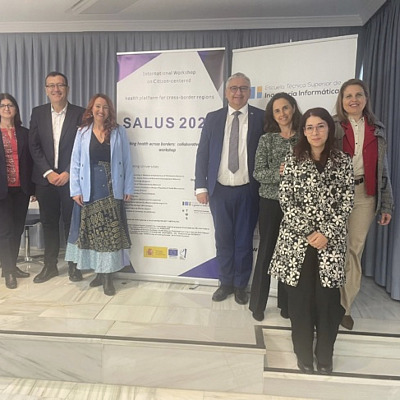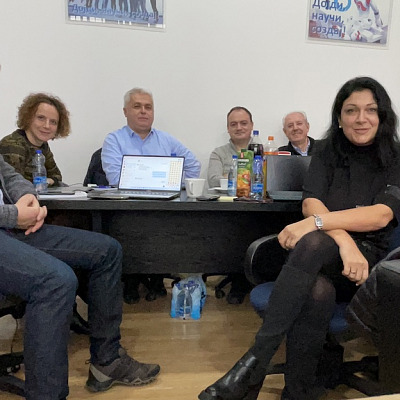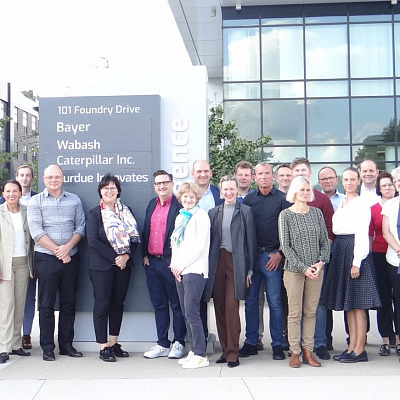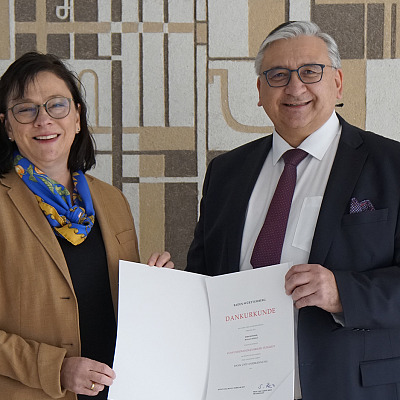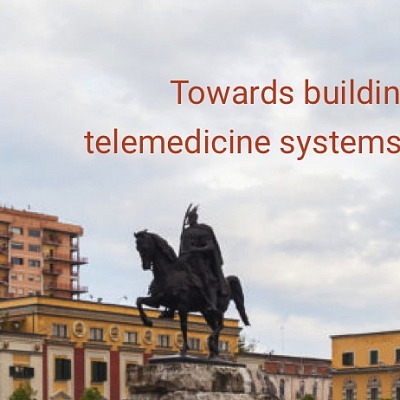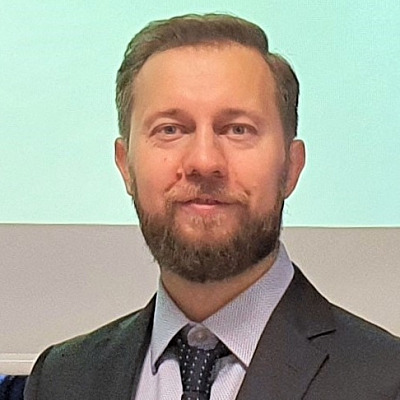The objective of the project SmartSleep is to analyze a huge source of biometric data, to detect patterns and to derive relationships between a person’s behavior and sleep disorders. In order to capture the data, mobile sensors connected 24 hours per day will be used. Besides the movement, these sensors will detect additional parameters as input to clinical long-term studies. One task is to provide mechanisms pre-processing the data stream before pushing it to the backbone servers. So, even the patient may receive feedback in real-time. A second task is to provide data analysis components beyond current state of the art systems. The goal is to close the gap in existing data-mining algorithms by extending them with scenarios relevant for sleep disorders. The overall project result will provide a remarkable advancement over a purely statistical relationship analysis within a population and it offers a perspective to achieve a system efficiently customizable to individual needs of a patient without strong intervention.
The project SmartSleep is funded by the International Lake Constance University (Internationale Bodenseehochschule, IBH) and it belongs to the branch of Strategic Research Projects of IBH. SmartSleep addresses core questions of health and social life and it incorporates crucial regional aspects. With the help of an international researcher team, the project will contribute to the development of a regional but transnational solution taking into account scenarios of demographic change.
The Ubiquitous Computing Lab from HTWG will contribute with its expertise in intelligent networked devices and mobility. Prof. Dr. Seepold emphasizes that his research team is developing and applying these technologies in domains like Ambient Assisted Living (AAL) with specific emphasis on demographic change and home automation. Since more than one decade, research is running in telemedicine, biometric sensor data capturing and processing with special emphasis on pervasive scenarios. The results of the laboratory activities have been transferred to different levels in university research and education. Finished PhD thesis, running PhD research and the incorporation of these results into Bachelor and Master degrees serve as an example. This semester’s young researchers results have been presented during an internal laboratory workshop for Bachelor, Master and Doctoral level students. A selection of outstanding student work also related to this project is going to be submitted to the International Workshop ‘Mobile Networks for Biometric Data Analysis’ (mBiDA).


